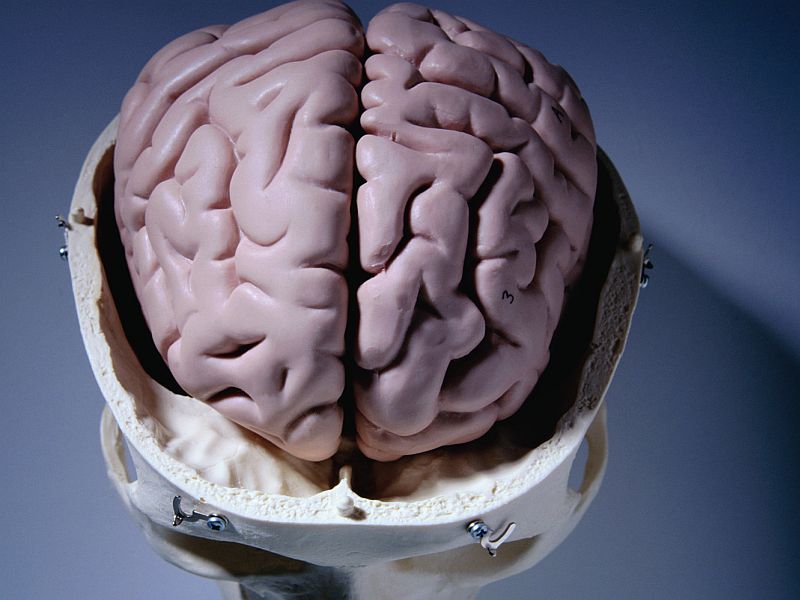
From hives and itchiness to anaphylaxis, an allergic reaction to nuts can manifest itself in many ways, says the University of Rochester. If you are living with a nut allergy, the school suggests: When grocery shopping, check every item’s food label for nuts. Tell all restaurants and servers about your food allergy. Always keep medicine… read on >


























